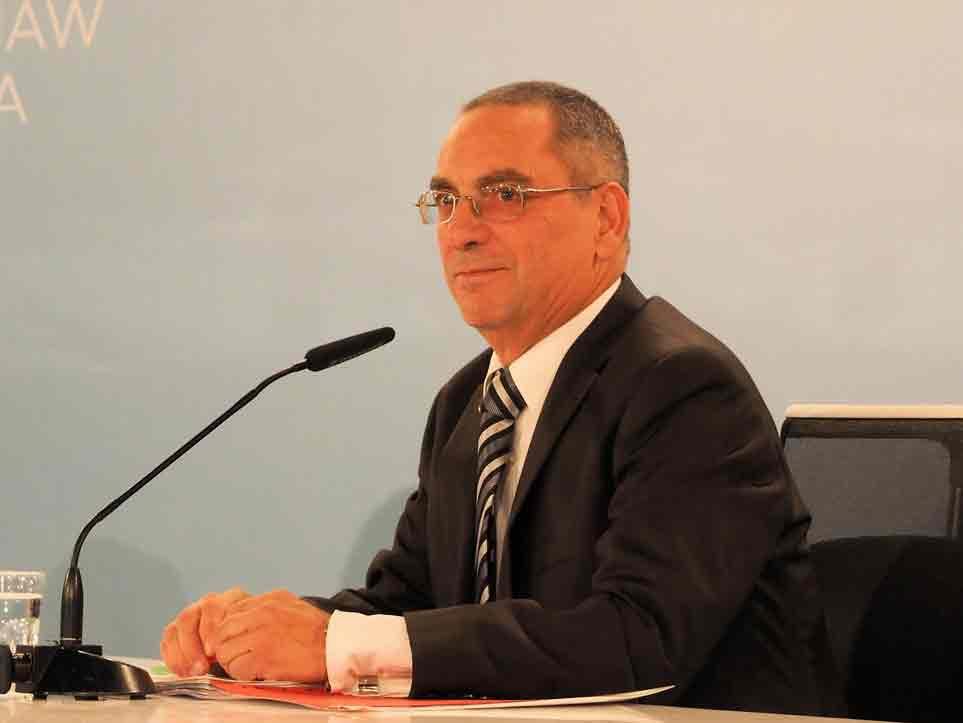Local motorists spend an average of two days a year in traffic, with delays in Malta’s roads being almost triple the average across EU member states, a university study shows. Traffic congestions costs Malta €120 million a year, and in the last ten years, 64,000 new vehicles hit the roads. In addition, Malta does not comply with recommendations by the World Health Organization (WHO) for an emissions ceiling.
The study, aimed at analysing the current road situation in Malta, was carried out by the Institute of Climate Change and Sustainable Development within the University of Malta with the support of the European Commission Representation in Malta.
The study found that motorists have an hour unnecessarily added to their commute every week, that is, 16.93 seconds of delay for every kilometre driven in a year -280% more than the six seconds spent by drivers in other European countries. The European average stood at 5.74 seconds in 2012. The growth in car dependence has had impacts on the island’s environment and public health, the economy and overall business climate.
Addressing a roundtable this morning, policy analyst in the European Commission’s transport directorate, Guus van de Schouw, said Maltese roads are perceived as the fifth worst in Europe, with public transport performance classified as the worst public service provided locally. Consumers’ dissatisfaction with public transport was at its lowest in 2010, and during this year, the local service classified as the worst across EU member states.
Public transport classified as worst public service

Karmenu Vella, European Commissioner for Environment, Maritime Affairs and Fisheries, noted that in busy urban areas, traffic jams reduce the speed of public transport, making it less efficient, and ultimately less attractive. "The impact of traffic pollution concerns us, as well as those who come after us. The current snapshot of the situation does not look good - and we must act now, and act fast. We have to admit that we all contribute to the traffic situation.”
The European Commission has been preparing proposals for reducing vehicle emissions - which have a human cost in terms of health, as well as an economic cost. Traffic congestion and pollution also impacts tourism, with a study showing that in China, low air quality resulted in a drop of almost half a million tourists.

‘Traffic congestion being taken seriously’ – Transport Minister
Minister for Transport and Infrastructure, Joe Mizzi, said that using personal vehicles has become our natural choice, and Malta's infrastructure is no longer keeping up with demand. If the trend continues, this will result in gridlock in a few years.
"The causes of transport congestion are many, and there is no one-size fits all remedy. I understand the public's frustration, however the need to implement certain measures is being taken seriously by the government," Mizzi said.
The transport minister continued that the Marsa Shipbuilding road turned out to be a success, and hundreds are making use of this as an alternative route, and the upcoming project at Addolorata is set to reduce congestion. Meanwhile, bus lanes can now be utilized by drivers using electric cars or those having three or more passengers.
Apart from short and medium term measures, the government is also working on long-term solutions, such as the Kappara junction project, aimed at reducing traffic a long-standing traffic problem.